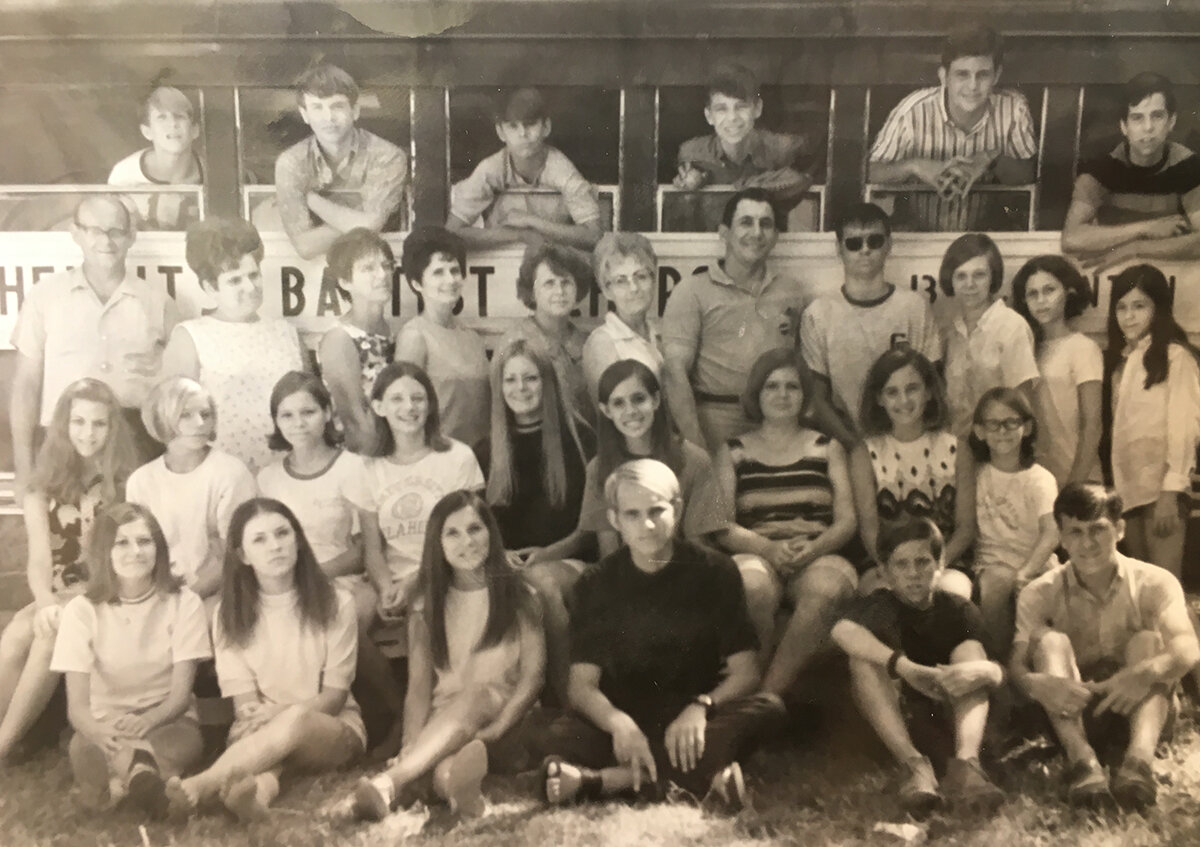TOO FAR?
/SURELY, IF THERE’S A SAFE PLACE TO EAT OUT, it would be Cracker Barrel. So, fully vaccinated we’ve ventured out a few times now for an “Old Timers” and “Mama’s French Toast” breakfast. We actually ate two meals in a row at the Cracker Barrel in Gallup, New Mexico. Why? Because we were camping overnight in their parking lot so we had a late supper and early breakfast there.
Since reopening, Cracker Barrel is a bit different. The little triangle golf tee games are gone, but the gift shop is in full swing.
The biggest surprise though was that they have added, to the menu: beer, wine and mimosas, etc. To the gift shop they’ve added ****THESE****! A little merdog(?) figurine to set on a shelf. (I guess as a placeholder for that creepy Christmastime elf).
First, does Cracker Barrel really need to add alcholic beverages? Isn’t it primarily a place where people stop as a family to eat while road-tripping. Do we really need grandpa (assuming he’s driving the next shift) partaking of grits, gravy and a couple of tall Pabst Blue Ribbons?
Why?! Did the CB braintrust have too much time on their hands during COVID? Did they sit in a Zoom call and someone said, “You know people love rocking on our front porch and playing a game of giant checkers by the big fireplace, but do we need more?”
Did a major CB shareholder say, “I love me some livers and cornbread with apple butter, but my new trophy wife thinks we should add a summerfun section to the gift shop. Here’s a drawing of a merdog she sketched out. Let’s get these made and add them to the collection.”
The marketing guy thinks to himself, “People would have to be drunk to buy one of those creepy little puppies!”
“Hey! Wait a minute…”
One more thought: if CB is going to serve booze, how about a new special. I’m thinking they call it “The Uncle Otis”. It comes with Pork Belly, Pork Rinds, and a jar of moonshine.” That’s much more Cracker Barrelish than a “Summer Spritzer.”
NOTE: Doesn’t that merpuppy have a look in his eye that says, “One night while you’re deep in sleep I will come to life, get down from this shelf, drag myself and this hideous tail to your bedside and…” Well, this is getting dark in a hurry.





